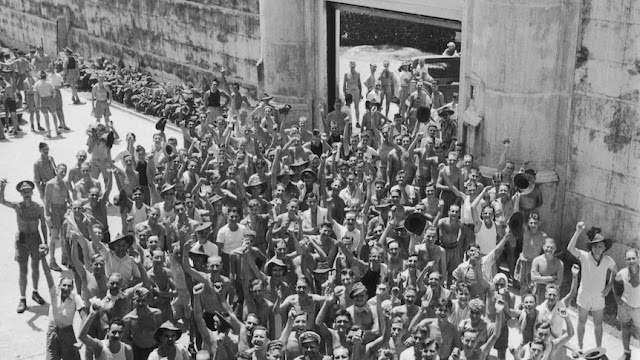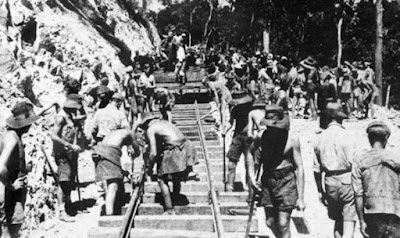Sydney Piddington: telepathy in a Japanese POW camp (Part 4)

During World War Two, Sydney Piddington was a prisoner-of-war (POW) in Singapore, where he developed a two-person telepathy act with fellow prisoner, Russell Braddon. In the final part of this four-part article, we learn how the war ended for Piddington and how – along with his wife Lesley - he drew on his POW experiences to become one of the most famous mentalism acts of the Twentieth Century. End of the war In early 1945, Sydney Piddington and Russell Braddon’s telepathy demonstrations ended when Braddon – and most other prisoners in Changi – were sent out by the Japanese in groups of a hundred to various parts of Singapore to construct defences to defend the island from an Allied invasion. Piddington, doing invaluable service on Changi Jail’s secret radio was kept – under the pretext of illness and “completely unfit for all duties” – back in the camp. On 6 August 1945, Piddington and his two colleagues operating the secret radio, learned of the atomic bo...


